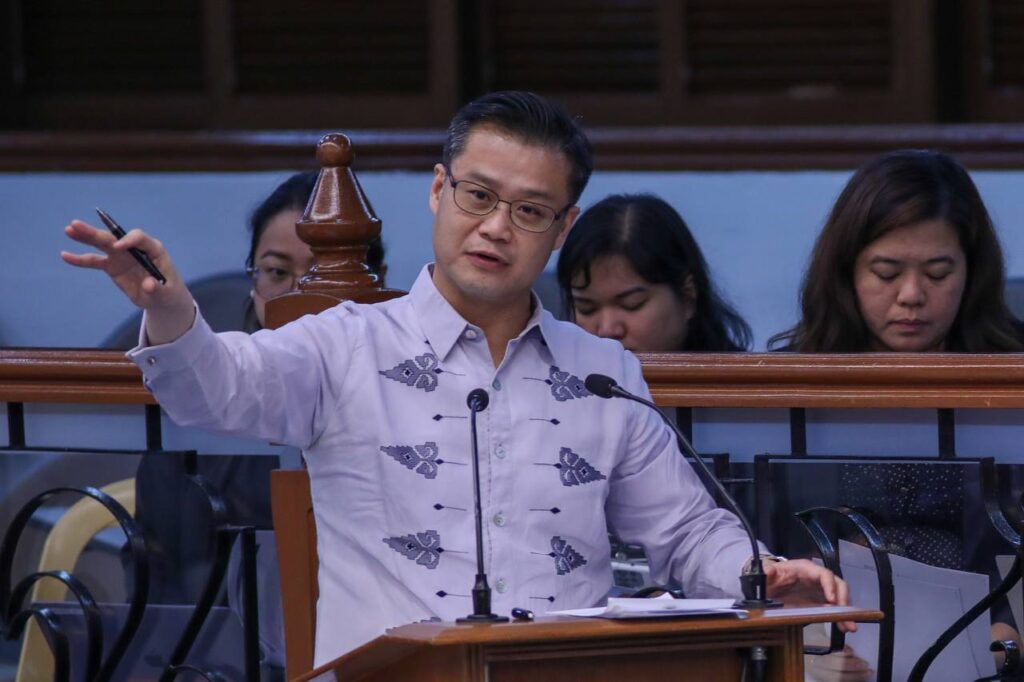As the Senate approved on third and final reading the proposed Real Property Valuation and Assessment Reform Act (RPVARA), Senator Win Gatchalian said the enactment of the measure will provide a respite for taxpayers of real property tax as the measure sets a two-year amnesty on interests and penalties for taxpayers with unpaid real property tax.

“Waiving the payment of interests, penalties, and surcharges on unpaid or delinquent real property taxes through the amnesty component of RPVARA would encourage tax compliance later on and significantly enhance the government’s revenue-collection efforts,” said Gatchalian, who chairs the Senate Committee on Ways and Means. RPVARA is a priority legislation of the Marcos administration.
Also, the proposed legislation, once enacted into law, would hasten the automation of services provided by local government units (LGUs), which in turn would enhance the efficiency of tax collection and improve the delivery of services. This includes the creation of Real Property Information System which will maintain an up-to-date electronic database of the sale, exchange, lease, mortgage, donation, transfer, and all other real property transactions and declaration in the country.
“Through RPVARA, the country will have uniform valuation standards for real property assets, promoting transparency and enhancing confidence among investors,” Gatchalian said. According to him, establishing a standard valuation will foster equity as it will facilitate property rights enforcement, resulting in wealth generation by converting and mobilizing lands and other real property units into economically productive use.
Gatchalian said the country’s real estate and land enable wealth generation is only at 30.7%, lower than the average of major economies in Southeast Asia which is at 35%, thus the necessity to establish a uniform valuation standard for real estate in order to attract investments that would make use of real estate assets.
He pointed out that based on data from the Philippine Statistics Authority (PSA), the gross value-added contribution of real estate and ownership of dwelling in 2023 stood at an impressive P1.37 trillion pesos, equivalent to 5.6 percent of our gross domestic product (GDP).
Gatchalian emphasized that real property tax (RPT) includes other taxes such as Special Education Fund, Idle Land Tax, and other special levy taxes. These taxes can be imposed by a local government unit (LGU) pursuant to the Local Government Code.


